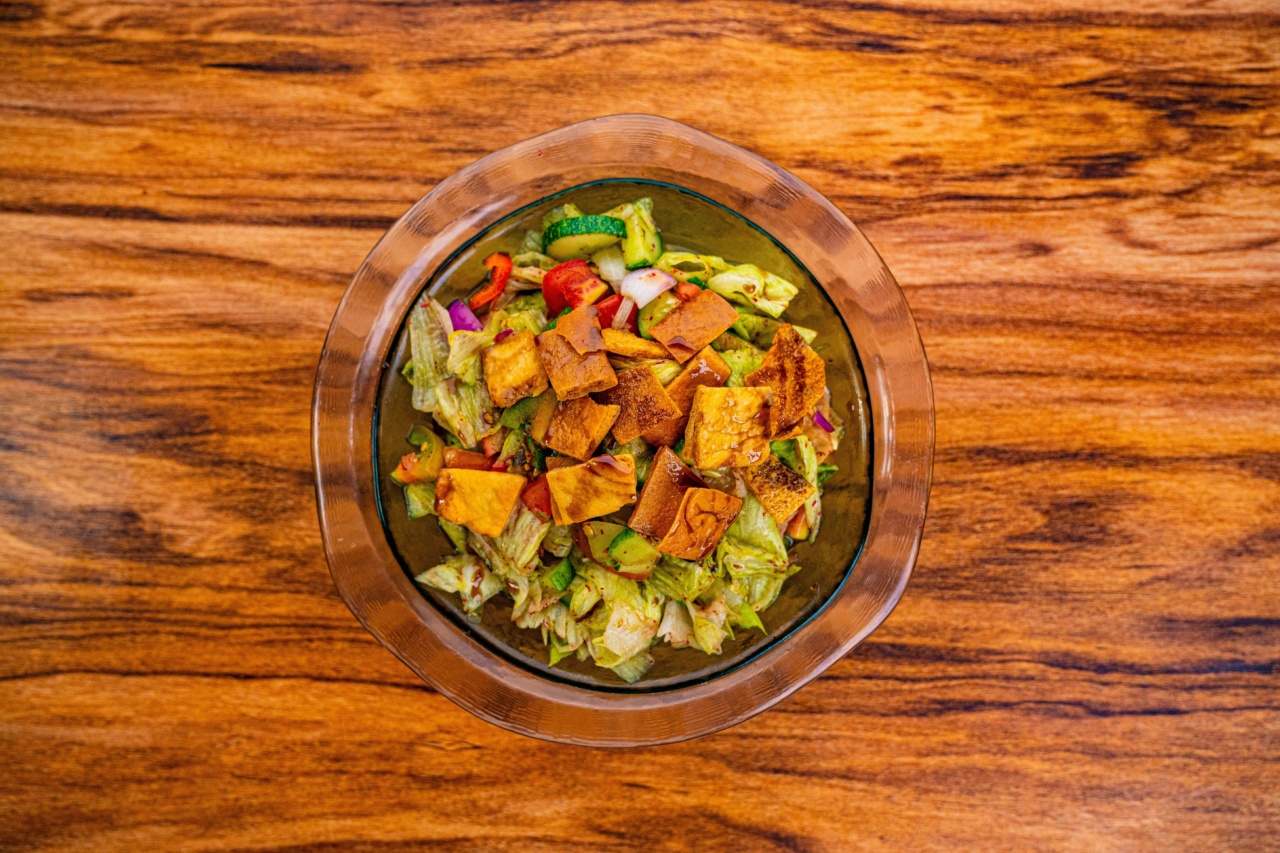Gout is a common form of arthritis that causes severe pain, swelling, and stiffness in the joints. It is caused by the build-up of uric acid in the body, which forms crystals that accumulate in the joints and cause inflammation.
While there are several risk factors for gout, including genetics, age, gender, and certain medical conditions, diet plays a significant role in its development and progression. In this article, we will explore the connection between diet and gout and provide some tips on how to manage your diet to reduce your risk of developing gout or managing its symptoms if you already have it.
What is Gout?
Gout is a type of arthritis that is caused by the build-up of uric acid in the body. Uric acid is a waste product that is produced when the body breaks down purines, which are found in many foods.
Normally, uric acid is dissolved in the blood and eliminated from the body through the urine. However, in people with gout, the body either produces too much uric acid or is unable to eliminate it properly, resulting in a build-up of uric acid in the blood.
When this happens, the uric acid forms crystals that accumulate in the joints, causing inflammation, pain, and swelling.
The Role of Diet in Gout Development
Diet is one of the most significant factors that can increase your risk of developing gout or exacerbating its symptoms. Certain foods are high in purines, which can increase the level of uric acid in the blood and lead to gout attacks.
These foods include:.
- Red meat
- Organ meats, such as liver and kidneys
- Seafood, especially shellfish and oily fish
- Alcohol, especially beer and spirits
- High-fructose corn syrup, which is found in many sweetened drinks and processed foods
While it is not necessary to completely eliminate these foods from your diet, reducing your intake of them can help to prevent gout attacks and manage the symptoms if you already have gout.
Instead, you should focus on consuming more foods that are low in purines, such as:.
- Vegetables, especially leafy greens
- Fruits, such as berries and citrus fruits
- Low-fat dairy products
- Whole grains
- Lean protein sources, such as chicken, turkey, and tofu
The Importance of Drinking Water
Drinking plenty of water is important for everyone, but it is especially important for people with gout. Water helps to flush uric acid out of the body, reducing the risk of gout attacks and managing its symptoms.
It is recommended that you drink at least eight glasses of water per day, and more if you are physically active or live in a hot climate. You should also avoid sugary drinks, as they can increase the risk of gout attacks and other health problems.
Other Tips for Managing Gout Symptoms
In addition to managing your diet and drinking plenty of water, there are several other steps you can take to manage your gout symptoms:.
- Avoid alcohol or drink it in moderation
- Lose weight if you are overweight or obese
- Exercise regularly
- Avoid stress
- Take medications as prescribed by your doctor
By following these tips, you can reduce your risk of developing gout or manage its symptoms if you already have it.
If you experience a gout attack, it is important to seek medical attention as soon as possible to prevent long-term damage to your joints.
Conclusion
While there are several risk factors for gout, diet plays a significant role in its development and progression.
By managing your diet and drinking plenty of water, you can reduce your risk of developing gout or manage its symptoms if you already have it. It is also important to follow other tips such as avoiding alcohol, losing weight, exercising regularly, avoiding stress, and taking medication as prescribed by your doctor.
By taking these steps, you can live a healthy, active life free from the pain and discomfort of gout.





























